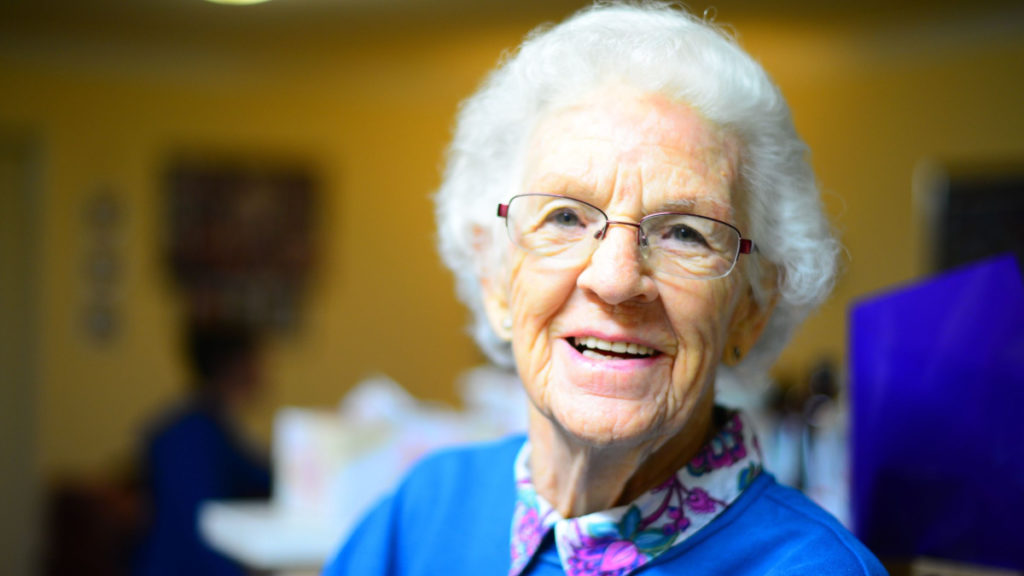Lyft Policies Under Scrutiny in New Lawsuit
A recent lawsuit filed in California is placing renewed focus on Lyft’s safety policies and the responsibilities of rideshare companies to protect minors and other vulnerable passengers. The case involves a tragic incident where a teenage girl was assaulted by a Lyft driver after being picked up late at night without parental consent or verification.
The lawsuit, brought by the girl’s parents, claims Lyft failed to enforce sufficient rider verification protocols and ignored red flags in the driver’s record. It further alleges that the platform does not have adequate safeguards to prevent minors from using its services without supervision, despite policies that technically prohibit underage riders.
According to the complaint, the teenager used her parent’s phone to request the ride. The driver arrived in an unmarked vehicle, accepted the ride despite the rider appearing visibly underage, and later assaulted her. The lawsuit accuses Lyft of negligence, failure to vet drivers properly, and misrepresenting its safety practices in advertising.
This incident is not isolated. Over the past several years, Lyft and its main competitor, Uber, have faced numerous lawsuits and public scrutiny over the adequacy of their safety measures, especially involving sexual assault and rider endangerment. In 2022 alone, Lyft reported more than 1,800 sexual assaults related to rides, though the company maintains these incidents are rare relative to the total number of rides provided.
Attorneys for the victim’s family argue that the company knowingly creates an environment where safety policies are inconsistently applied and difficult to enforce. They cite the lack of ID verification, reliance on driver self-reporting, and minimal real-time monitoring as evidence of systemic flaws.
Lyft has responded by stating it takes all allegations seriously and that it has implemented several safety upgrades, including continuous criminal background checks, real-time ride tracking, emergency assistance buttons within the app, and a Community Safety Program. However, critics argue these tools are reactive rather than preventative.
The legal team representing the family is pushing for not only financial compensation but sweeping changes in Lyft’s operating procedures, including mandatory ID verification for both drivers and riders, stronger driver training, and the ability to block unaccompanied minors from booking rides without verified adult consent.
If successful, this lawsuit could have a major impact on the rideshare industry, particularly in how it approaches rider safety and accountability for vulnerable users. It could also lead to increased regulatory scrutiny from state transportation agencies.
Parents’ rights advocates and public safety officials have voiced their support for the case, saying that this is a wake-up call for platforms that have grown rapidly without adapting their safety infrastructure to real-world risks. One official stated, “Tech companies cannot continue to operate in a legal gray area when it comes to child safety. Platforms like Lyft must do better.”
The case is currently pending in state court and is expected to proceed to trial in the coming year. In the meantime, the victim’s family says they hope the case sparks widespread reform. “Our daughter’s experience should never happen to anyone else,” said the victim’s father. “We’re doing this so others won’t be left unprotected.”





